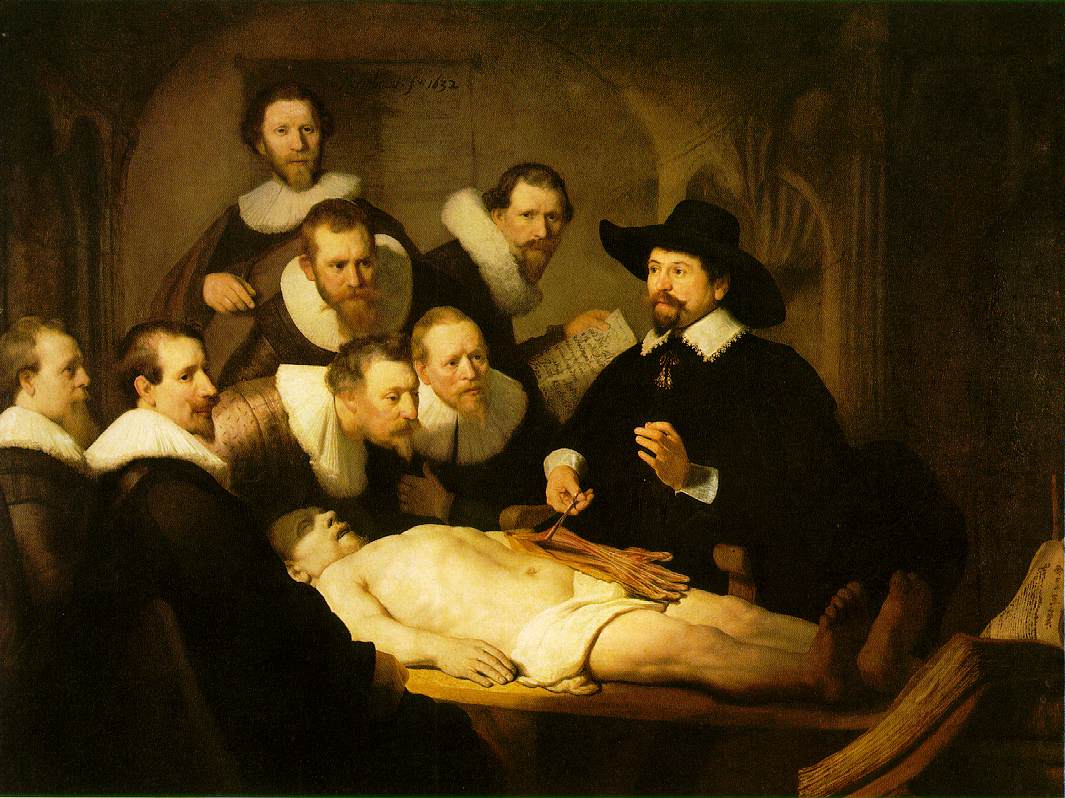The only good thing about lungs is that they keep me from dying. Other than that, they do squat. These enormous tissue-balloons take up way too much space in both my chest and my textbook. In an ideal world, they would plod on with their horrible, Sisyphean fate of inflating and deflating and inflating and deflating without impinging on my consciousness. Alas, I was forced to learn all about these monotonous windbags for the last week and a half. The highlights (of which there are precisely TWO) are as follows:
1. During one particularly painful lab session, some 12 of us were forced to watch one student breathe awkwardly into a computer monitored spirometer. While that was happening, Byron and I sat on the other side of the room and watched an episode of 30 Rock on NBCs website. Sure, we couldn't watch it with any sound, but it was still a much better use of our time than watching readouts of lung function flutter up and down across a computer screen. And that Tracy Morgan is a CARD.
2. Shortly after our computer session came to its riveting conclusion (it turns out, Max's lungs both inflate and deflate), we moved on to a significantly more entertaining lung function lab. To be accurate, it was more of a lung "non-function" lab - maybe that's why it was fun. The dozen of us shuffled out of the computer lab and into a lecture hall. There, we were asked to time each other while holding our breath. It was like med school and third grade summer camp all rolled into one.
After holding our breath, we calculated the changes in the various blood gasses in our circulation. Oxygen levels would drop, carbon dioxide levels would rise - makes sense. It was interesting to note that the sensors in our body that tell us we're suffocating would be, in this case, going berserk due to the high carbon dioxide levels rather than the low oxygen levels. In order to hold our breath for even longer, we'd need to somehow depress the level of carbon dioxide in our blood.
So we hyperventilated for a while before holding our breath. And voila, it worked. After blowing off all that carbon dioxide, we could hold our breath for much longer. Then we ran through some more calculations to discover that, this time, it was the low oxygen levels that compelled us to breathe again. So we decided to see how long we could hold our breath after first hyperventilating then finishing off with a few breaths of 100% oxygen from a tank.
Up until this point one of my classmates, Curtis, had demonstrated a particularly prodigious ability to hold his breath. He went almost two minutes on his first try, then about three minutes after hyperventilating. Curtis drew tremendous attention from the rest of the crowd due to both his lung capacity and his showmanship. Each time Curtis took his final, pre-breath-holding inspiration, he would close his eyes and drop to the ground. There he would sit motionless with his head down until he took that next breath minutes later.
Though there were only a few of us, this session was held in a large auditorium that could seat over a hundred people. As this final chapter of the experiment was about to begin, we all gathered around Curtis at the front of the room. He was hyperventilating and holding an oxygen mask in one hand. When he was ready, he brought the mask to his mouth, took five deep breaths of pure oxygen, closed his eyes, and dropped silently into a seated position on the floor.
As if that were their cue, two doctors in white coats strode into the room. They approached our instructor and explained that there was a developmental biology seminar being held in this lecture hall in a couple of minutes. They looked disapprovingly at Curtis sitting cross-legged and silent beside the lectern. Our instructor told us that we wouldn't have time to calculate the blood gasses for this particular experiment, and that we should pack up our stuff and prepare to leave. So we did. And as the room quickly filled with more and more white-coated, developmental biologists, Curtis remained silent and unmoving at the front of the room.
After about 3 minutes the seats in the auditorium were full. I, along with the other med students, had put on my backpack and moved to the periphery of the hall, leaving Curtis alone at center stage in front of an audience of strangers. And there he sat silently for over seven and a half minutes before finally taking a gasping breath and opening his eyes to a crowd erupting in applause.
Tuesday, February 20, 2007
Subscribe to:
Post Comments (Atom)

No comments:
Post a Comment